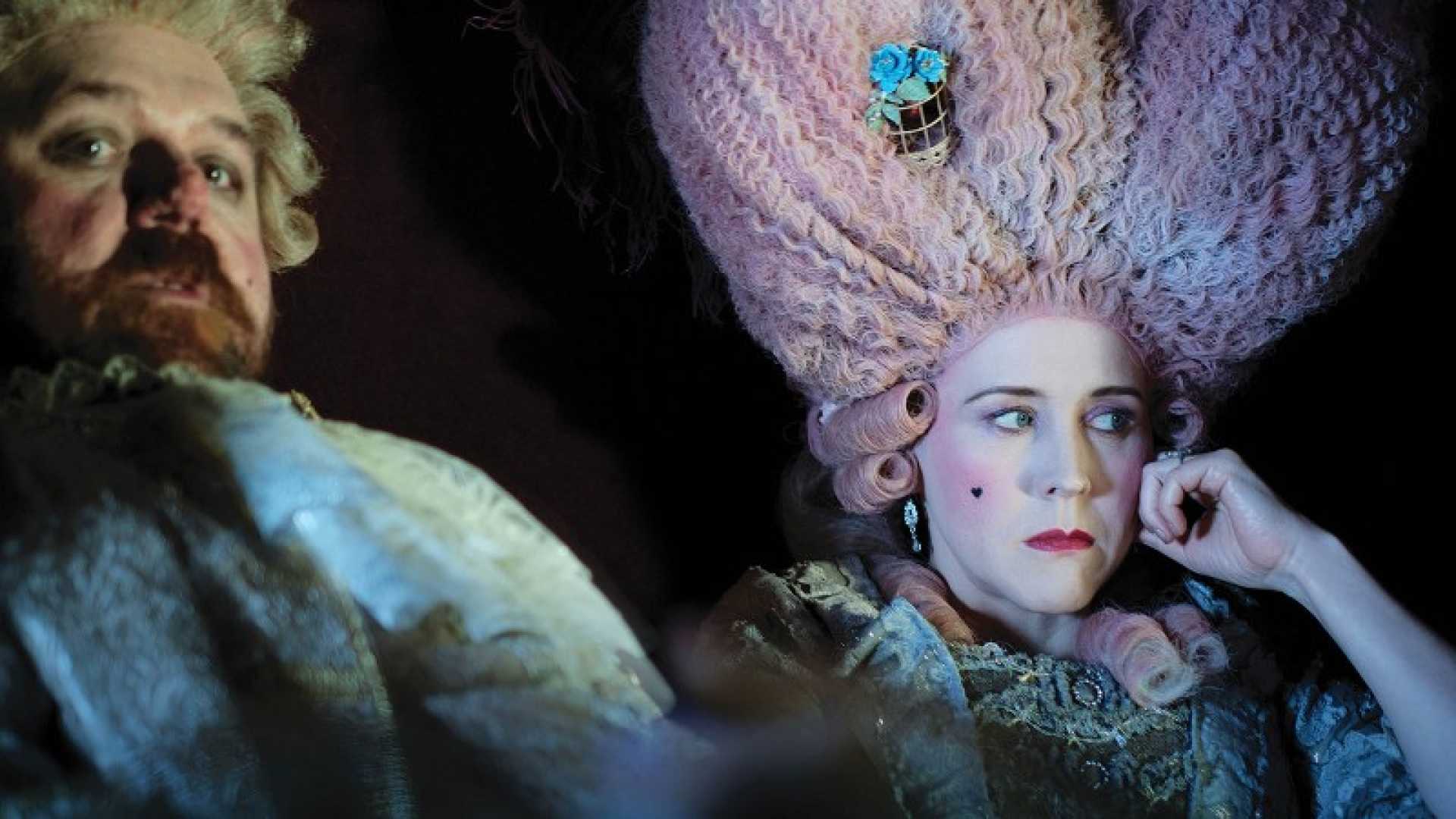Entertainment
Alice Lowe’s ‘Timestalker’: A Journey Through Love’s Timeless Delusion

“Timestalker,” the latest cinematic offering from director Alice Lowe, weaves a narrative that straddles various eras, exploring the unrelenting pursuit of love and the folly it often entails. Described as a cross-historical comedy, the film has been likened to Sally Potter’s “Orlando,” taking audiences on a humorous and introspective journey across centuries.
The film opens in 1688, where Agnes, played by Alice Lowe herself, a Scottish peasant, falls obsessively in love with Alex, a condemned heretic portrayed by Aneurin Barnard. Despite her fervent efforts to save him, their story ends tragically. Yet, with a promise that transcends time, Agnes embarks on new lives, determined to reunite with her soulmate.
Each era, from the 18th century to the far future of 2117, sees Agnes navigating love’s complexities, with Alex perpetually oblivious to their supposed past connections. As Lowe herself has articulated through the screenplay, the film is less about immortality or romance, but rather a commentary on delusion — a perpetual cycle of desire unfulfilled.
Supported by a cast including Jacob Anderson, Nick Frost, and Tanya Reynolds, “Timestalker” is a reflection on the essence of love and desperation. Anderson’s character, Scipio, adds a layer of mystique, constantly aware of Agnes’s plight and offering revolutionary insights. Tanya Reynolds as the constant companion, Meg, adds depth with her parallel narrative.
Critical analyses have praised Lowe’s direction for its seamless integration of humor and existential inquiry. The film harkens back to her earlier work, such as “Prevenge,” simultaneously comedic and touching. Costume design by Rebecca Gore, particularly the innovative wardrobe of corsets and heart-shaped wigs, adds a striking visual complement to the narrative themes.
“Timestalker” premieres on 11 October and promises to captivate with its unique blend of comedy and poignant introspection. Lowe’s directorial touch ensures it is both a spectacle and a thought-provoking piece, inviting audiences to question the conventions of love and fulfillment.












